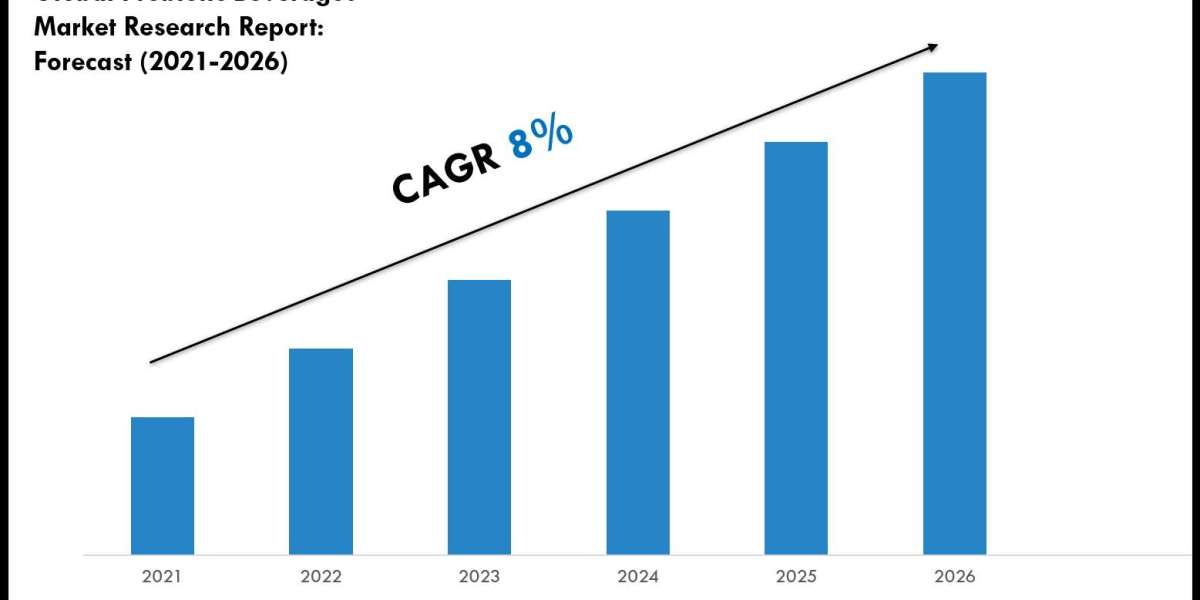In the modern workforce, digital skills are more valuable than ever. Among these, proficiency in Microsoft Excel stands out as one of the most in-demand abilities across industries. From finance and accounting to marketing, engineering, and even healthcare, Excel plays a crucial role in data management, analysis, and decision-making. For professionals and students alike, enrolling in Excel Courses has become a key step toward enhancing employability and boosting productivity.
Excel has long been regarded as the “language of business.” It is more than just a spreadsheet application; it is a powerful tool that helps organizations organize vast amounts of data, create visualizations, and generate insights for strategic planning. While basic Excel knowledge can get a person through everyday tasks such as creating lists or performing simple calculations, mastering advanced features requires structured learning. This is where professional Excel courses come in. They are designed to guide learners from beginner to expert level, ensuring they understand both the fundamentals and the complexities of the program.
One of the main benefits of taking Excel courses is the ability to improve efficiency. Many professionals spend hours each week performing repetitive tasks in spreadsheets without realizing that Excel offers built-in functions to automate them. Features such as PivotTables, macros, conditional formatting, and data validation can drastically reduce time spent on manual work. A well-designed course teaches participants how to harness these tools effectively, allowing them to complete projects faster and with greater accuracy.
Excel courses also provide learners with a deeper understanding of data analysis. In today’s data-driven world, businesses rely heavily on insights drawn from raw information. Knowing how to clean data, use formulas to identify trends, and create dynamic charts can help professionals make informed decisions. For instance, a marketing professional can analyze customer behavior, while a financial analyst can evaluate investment opportunities—all through Excel. By learning these skills, individuals can position themselves as valuable assets in their organizations.
Another major advantage of Excel courses is their versatility across industries. Unlike specialized software designed for a specific field, Excel is used universally. A project manager may use it to track tasks and resources, a sales executive to forecast revenue, or an HR professional to manage employee databases. This universal application means that investing time in Excel training pays off regardless of one’s career path. Employers consistently seek candidates with strong Excel skills because they know it translates into better problem-solving and organizational capabilities.
Excel courses also cater to different learning levels, making them accessible to everyone. Beginners may start with the basics, learning how to navigate the interface, enter data, and apply simple formulas. Intermediate learners may focus on data visualization, using tools such as charts, graphs, and conditional formatting. Advanced learners often dive into complex topics like statistical analysis, VBA programming, and creating automated dashboards. By progressing through these levels, individuals can build their expertise step by step.
The format of Excel courses has also evolved to meet the needs of modern learners. Many organizations and platforms now offer flexible online courses that can be taken at one’s own pace. This allows working professionals to fit learning into their schedules without disrupting their jobs. Additionally, interactive lessons, real-world projects, and assessments ensure that learners can apply their knowledge immediately. Classroom-based courses remain popular as well, especially for those who prefer face-to-face instruction and hands-on guidance from experts.
Certification is another significant benefit of completing Excel courses. A recognized certification demonstrates to employers that an individual has verified skills in Excel, adding credibility to their resume. In competitive job markets, this can make a substantial difference. Certifications not only highlight technical competence but also show a commitment to continuous learning and professional growth. For those aiming for promotions or career transitions, Excel certification can act as a stepping stone toward new opportunities.
Moreover, Excel courses enhance critical thinking and problem-solving skills. By working with data sets, learners develop logical approaches to identifying patterns, solving challenges, and presenting solutions. These skills are transferable to various aspects of work and life, making Excel training beneficial beyond the confines of spreadsheets. For students, learning Excel early provides a head start in academic research, internships, and eventual career paths.
The demand for Excel skills is likely to grow as businesses continue to embrace digital transformation. While advanced software like business intelligence platforms and data analytics tools are gaining traction, Excel remains the foundation upon which many organizations build their operations. It integrates easily with other applications and continues to be one of the most widely used tools worldwide. As such, Excel courses not only prepare learners for today’s job market but also equip them with skills that will remain relevant for years to come.
It is also worth noting that Excel courses are not limited to professionals in corporate environments. Entrepreneurs and small business owners greatly benefit from mastering Excel as well. By learning how to track inventory, manage budgets, and analyze sales data, they can make smarter business decisions without relying heavily on expensive software. Similarly, freelancers who manage multiple projects or clients can use Excel to stay organized and present professional reports.
In addition, Excel plays a key role in personal productivity. Beyond professional use, individuals can use their skills to manage personal finances, plan events, or track personal goals. An Excel course equips learners with the ability to create budgets, monitor expenses, and even forecast savings, helping them take control of their financial health. This demonstrates that the value of Excel training extends beyond career advancement into everyday life.
The future of Excel courses may also include integration with emerging technologies. With artificial intelligence and machine learning becoming more prominent, Excel is evolving with advanced features like Power Query and Power BI integration. Courses that cover these areas prepare learners for the next wave of data management and analysis. As these technologies become standard, those who have undergone Excel training will be better positioned to adapt and thrive.
In conclusion, Excel Courses are more than just lessons in spreadsheets—they are a gateway to improved productivity, better career prospects, and stronger problem-solving skills. Whether you are a student preparing for the job market, a professional aiming for advancement, or an entrepreneur running a business, Excel proficiency can significantly impact your success. By investing time in structured Excel training, you not only gain technical expertise but also develop a valuable skill set that enhances your ability to analyze, organize, and make informed decisions. In a world where data is king, mastering Excel through dedicated courses is one of the smartest choices any learner can make.







